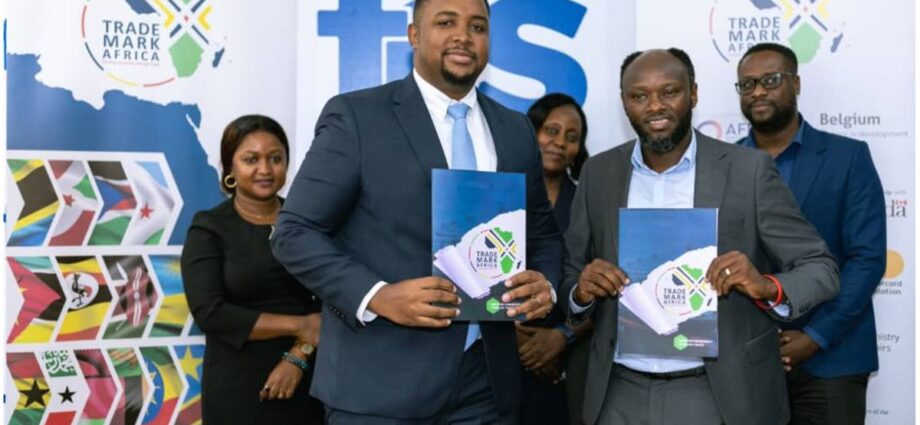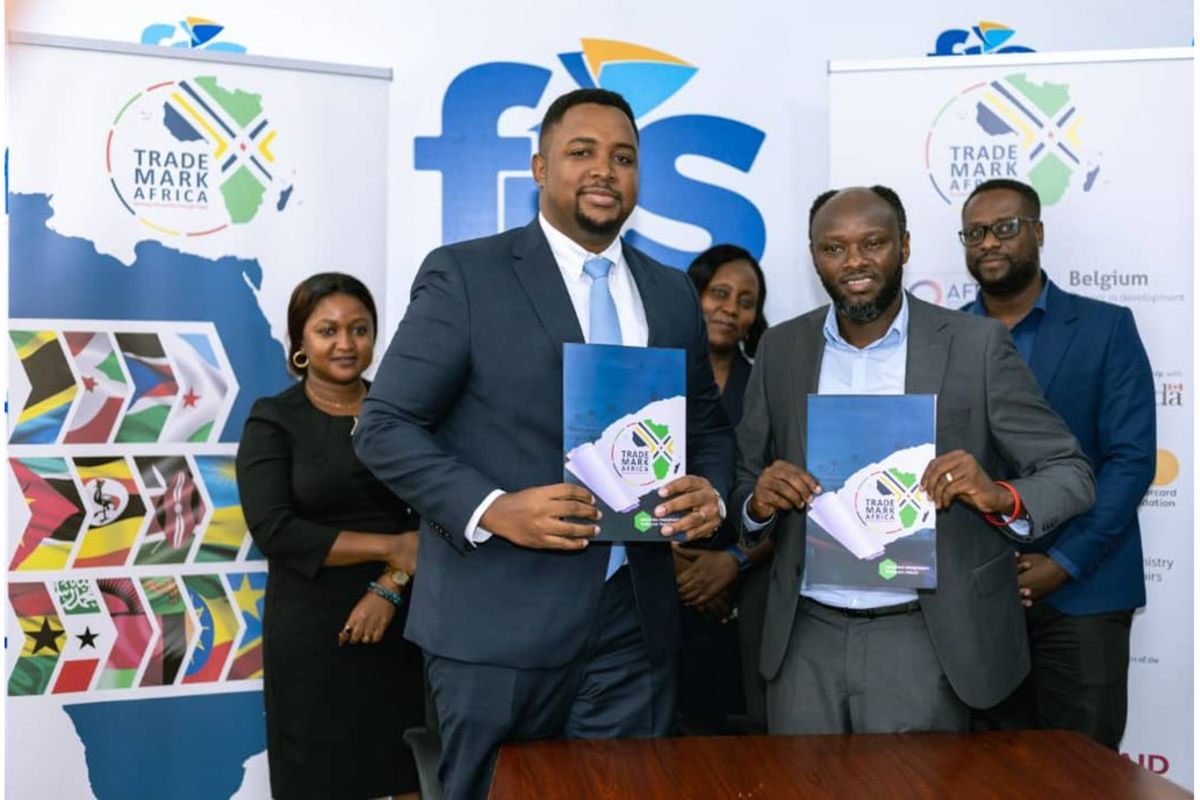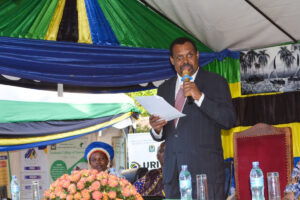Dar es Salaam. The Foundation for Civil Society (FCS) and TradeMark Africa (TMA) yesterday signed a $900,000 (Sh2.3 billion) grant agreement for a project that seeks to integrate the strengths of the private sector and civil society to promote green economic growth.
Dubbed “Private Sector and CSOs for Inclusive and Greening Trade,” the project is expected to drive sustainable economic growth and inclusive trade practices as it addresses systemic challenges in Tanzania’s trade sector.
The three-year project targets marginalised groups such as women, youth and people with disability, who encounter barriers to full participation, as it also fosters consumer rights.
FCS executive director Justice Rutenge highlighted the importance of consumer protection initiatives outlined in the agreement.
“Consumer protection is crucial in today’s global market. Our collaboration with TMA is a monumental step towards establishing fair and green trade practice in Tanzania. We are dedicated to ensuring that the benefits of trade expansion are shared by all, particularly the most vulnerable sectors of our society,” he said.
Civil society organisations will play a crucial role in voicing opinions, suggestions, complaints and seeking redress through various channels.
Mr Rutenge also underscored the agreement’s focus on enhancing inclusivity and sustainability by increasing trade opportunities for marginalised groups.
“We will prioritise businesses with value chains promising sustainability,” he added.
TMA Tanzania country director Elibariki Shammy echoed the sentiment, emphasising the project’s potential to stimulate sustainable and inclusive trade growth.
“Empowering women is not only a moral imperative but a developmental one,” he said.
“This project is central to our strategic objectives to stimulate trade growth while ensuring that it’s sustainable and inclusive. We believe that through strategic collaborations like this, we can make a significant impact on Tanzania’s trade landscape,” Mr Shammy added.
The initiative will be able to dismantle barriers which marginalised groups encounter so as to create a trade environment that foster prosperity for all, he added.
Through the collaboration, TMA will support marginalised communities through smart agriculture practices and market readiness programmes, contributing to their sustainable growth.
Additionally, the project will focus on developing innovative digital technologies, including e-learning platforms for smart agriculture practices, enhancing market readiness and improving the global competitiveness of Tanzanian products.
The initiative seeks to improve trade resilience to climate change, thereby contributing to the long-term viability of Tanzania’s economy and environmental sustainability.















